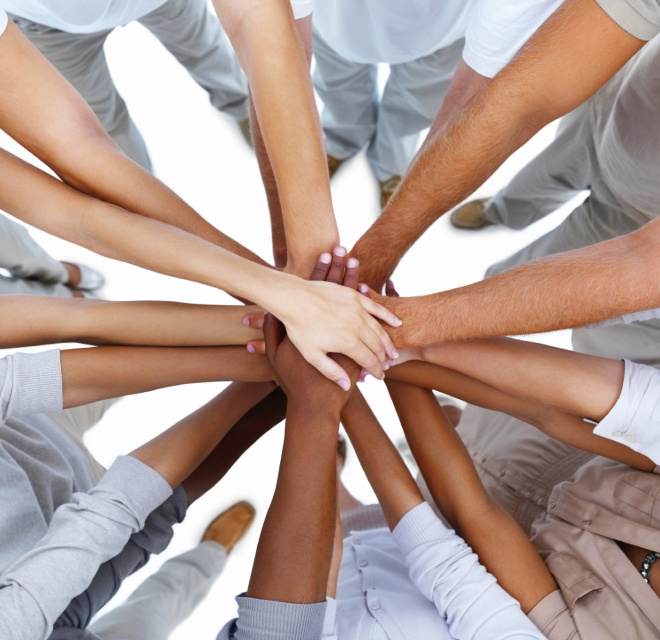Discover local resources and programs in your state that offer assistance and support for women who have endured abuse.
If your state is not listed here, kindly reach out to the National Domestic Violence Hotline for guidance on finding a program in your area. You can contact the hotline at 800-799-SAFE (7233). Remember, help is available, and you don’t have to face this alone.

Planning for safety

Create a Safety Plan
Welcome to our domestic abuse survivor website. We understand that being in or planning to leave a violent relationship can be an incredibly challenging and sensitive situation. Your safety is our top priority, and we’re here to support you every step of the way.
- Creating a safety plan is crucial. We recommend reaching out to someone you trust to discuss your plan, if possible. Remember, you don’t have to face this alone.
- It’s important to know where to find help when you need it. We encourage you to keep a list of important phone numbers readily available, such as the police, domestic violence hotline, and hospital. These resources are here to assist you.
- When planning, consider the well-being of your children. Together, identify a safe place for them, like a room with a lock or a neighbor’s house. Let them understand that their primary responsibility is to stay safe, rather than to protect you.
- Additionally, establishing a signal with a trusted neighbor can be a lifeline when you require immediate assistance. It’s an effective way to discreetly communicate your need for help.
- To be prepared for emergencies, we suggest assembling an emergency kit that you can easily access. You may want to consider storing it at a trusted friend’s or neighbor’s house for added security.
- Remember, you have the strength and resilience to navigate this journey. We’re here to provide you with the information and resources you need to reclaim your life. You are not alone, and we believe in your ability to create a safer and brighter future.
Pack A getaway bag
- An extra set of car and house keys
- Sufficient cash and/or emergency funds, including food stamps
- Checkbook and credit card(s)
- Pay stubs or any financial documents you may need
- Birth certificates and other identification documents for yourself and your children
- Driver’s license or any other photo identification
- Social security card or green card/work permit
- Health insurance cards and medications for both you and your children
- Deed or lease agreement for your house or apartment
- Any court papers or orders related to your situation
- Change of clothes for yourself and your children
- Determine the best moment to leave, taking into account the abuser’s patterns and routines.
- Plan your escape route and identify which doors or windows you will use to exit safely.
Remember, prioritize your safety above all else. If you feel comfortable doing so, seek assistance from a local domestic violence organization for personalized guidance and support during this process.
How to provide support to DV Victims:
Here are some comprehensive guidelines to follow:
- Listen attentively and believe them: Give your friend or loved one a safe space to share their story. Listen without judgment and validate their experiences. Show empathy and believe what they are telling you.
- Maintain confidentiality: Respect their privacy and keep the information shared with you confidential. This helps build trust and ensures their safety.
- Encourage safety planning: Help your friend develop a concrete safety plan that addresses potential scenarios they may encounter. Discuss practical steps they can take to protect themselves, such as identifying safe spaces, emergency contact numbers, and resources.
- Connect them with a domestic violence program: Offer information and resources from local domestic violence programs or organizations. These organizations have trained professionals who can provide specialized support and guidance tailored to their situation.
- Validate their emotions: Victims of abuse often experience a range of emotions such as fear, confusion, depression, and anxiety. Let them know that these feelings are normal and understandable. Find a private setting to have open-ended, non-threatening conversations. For example, you can gently ask, “You seem to be feeling down. Would you like to talk about it?”
- Avoid blaming or judging: It is important not to blame the victim or make them feel responsible for the abuse. Instead, focus on the actions of the abuser and reinforce that they deserve support and assistance.
- Offer resources and support: Provide information about available resources, such as helplines, shelters, counseling services, and legal assistance. Be ready to accompany them or assist with making initial contact if they feel comfortable with your involvement.
- Respect their decisions: Recognize that it may take time for the person to decide to leave the abusive relationship. Avoid pressuring or forcing them to take actions they are not ready for. Offer ongoing support and let them know you are there for them whenever they need someone to talk to.
Remember, your role as a supportive friend or loved one is crucial.
By offering a listening ear, validating their experiences, and providing information about resources, you can empower them to make informed decisions about their safety and well-being.

Learn More About the
Statistics
10 Million
Womxn and men are physically abused by domestic partners annually in the United States
1 in 5
Womxn in the United States have been raped in their lifetime
72%
Of all murder-suicides involving an intimate partner; 94% of the victims are female-presenting

If you’ve found this website while seeking help to escape an abusive relationship, know that you are not alone. You don’t have to continue living this way. There is a better life waiting for you, and we are here to support you every step of the way.
We understand that leaving an abusive relationship is not a simple or safe process. Ending a significant relationship becomes even more challenging when you’ve been isolated from your loved ones, emotionally worn down, financially controlled, and physically threatened.
If you’re contemplating whether to stay or leave, it’s common to feel confused, uncertain, frightened, and torn. Perhaps you still hold onto hope that things will change, or you fear your partner’s reaction if they discover your intention to leave. One moment, you may yearn to escape, while the next, you may hesitate to let go of the relationship. You might even blame yourself for the abuse or feel weak and embarrassed for staying despite it. Please know that you are not trapped by confusion, guilt, or self-blame. Your safety is what matters most.
If you are experiencing abuse, please remember:
- You are not to blame for the violence or mistreatment you endure.
- You are not responsible for your partner’s abusive behavior.
- You deserve to be treated with respect and dignity.
- You deserve a life that is safe and filled with happiness.
- Your children deserve a life free from harm and full of happiness.
- You are not alone; there are people ready to help you.
There are numerous resources available for individuals who have experienced abuse and violence. These resources include crisis hotlines, shelters, job training programs, legal services, and childcare assistance. Start by reaching out today to access the support and guidance you deserve. Find local resources HERE.
Remember, we believe in your strength and resilience. You have the power to create a brighter future for yourself and your children. Take the first step towards a life free from abuse and reach out for help. Together, we can pave the way to a safer and happier tomorrow.
.

